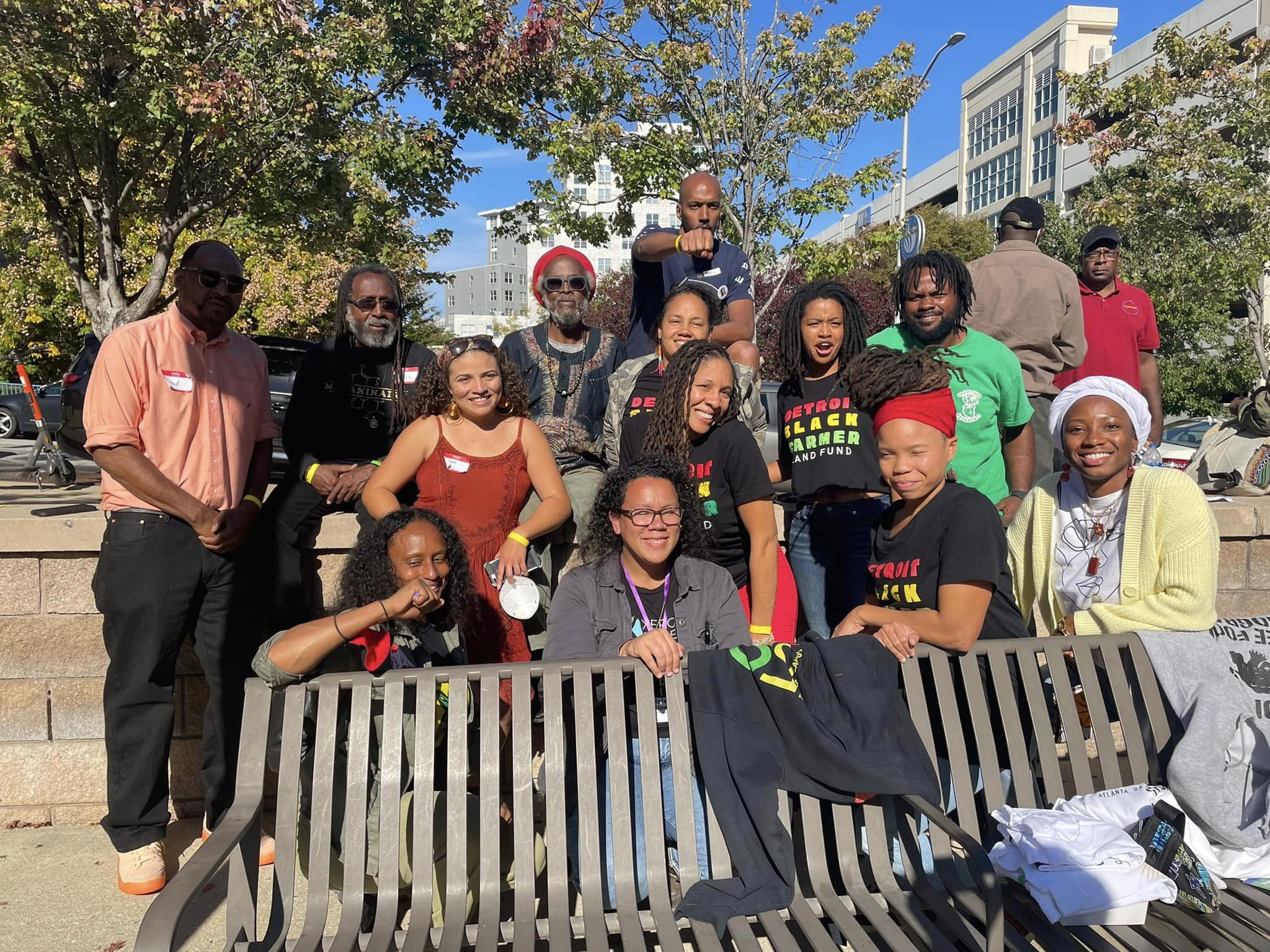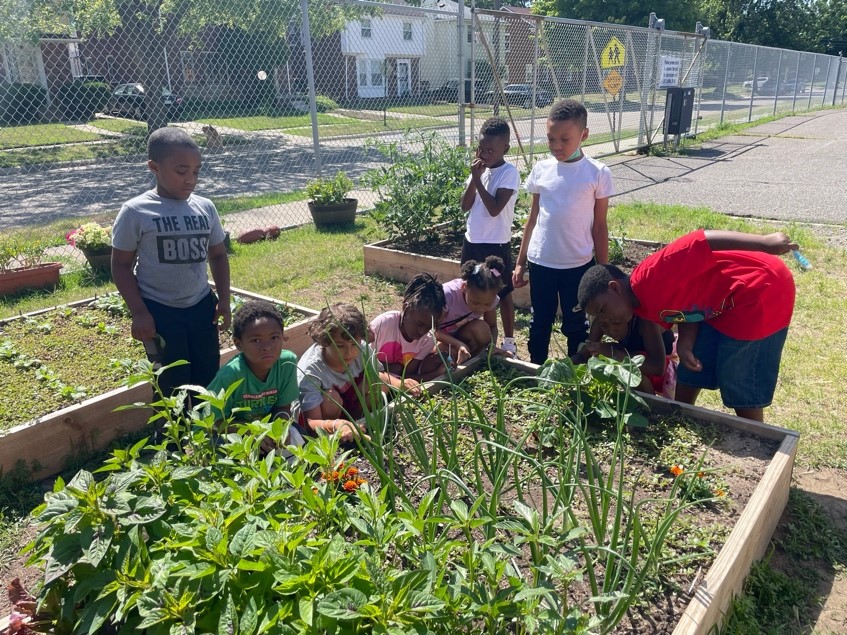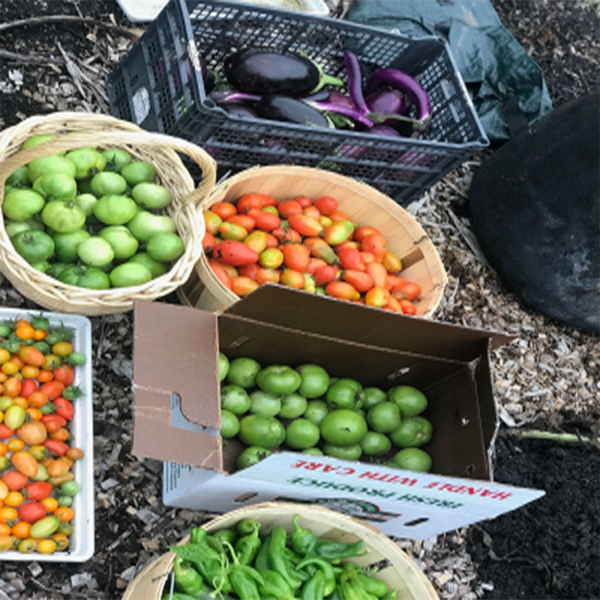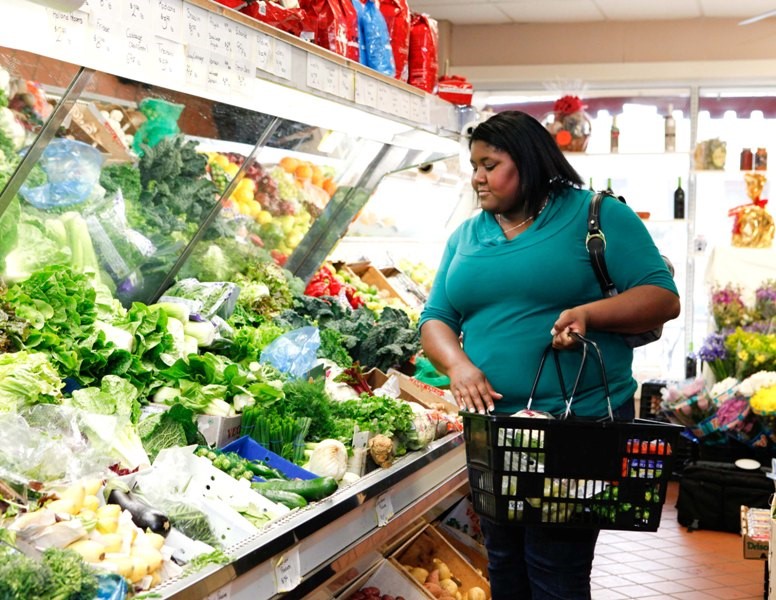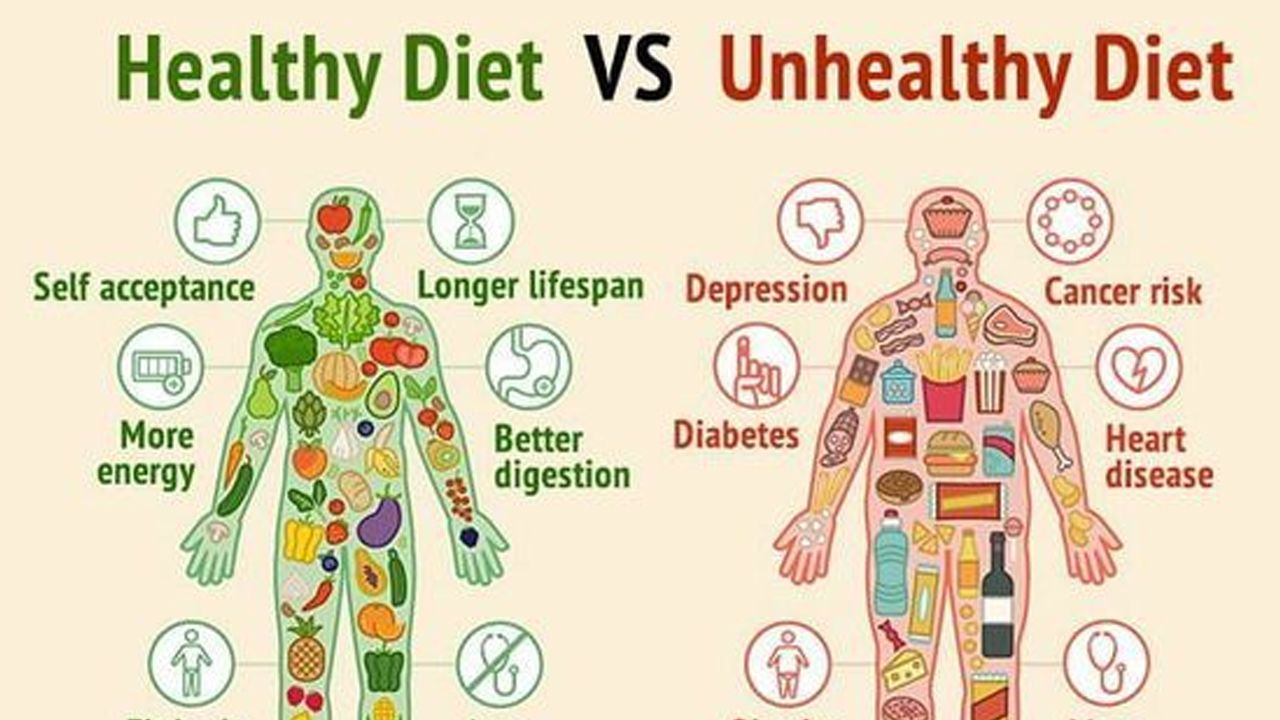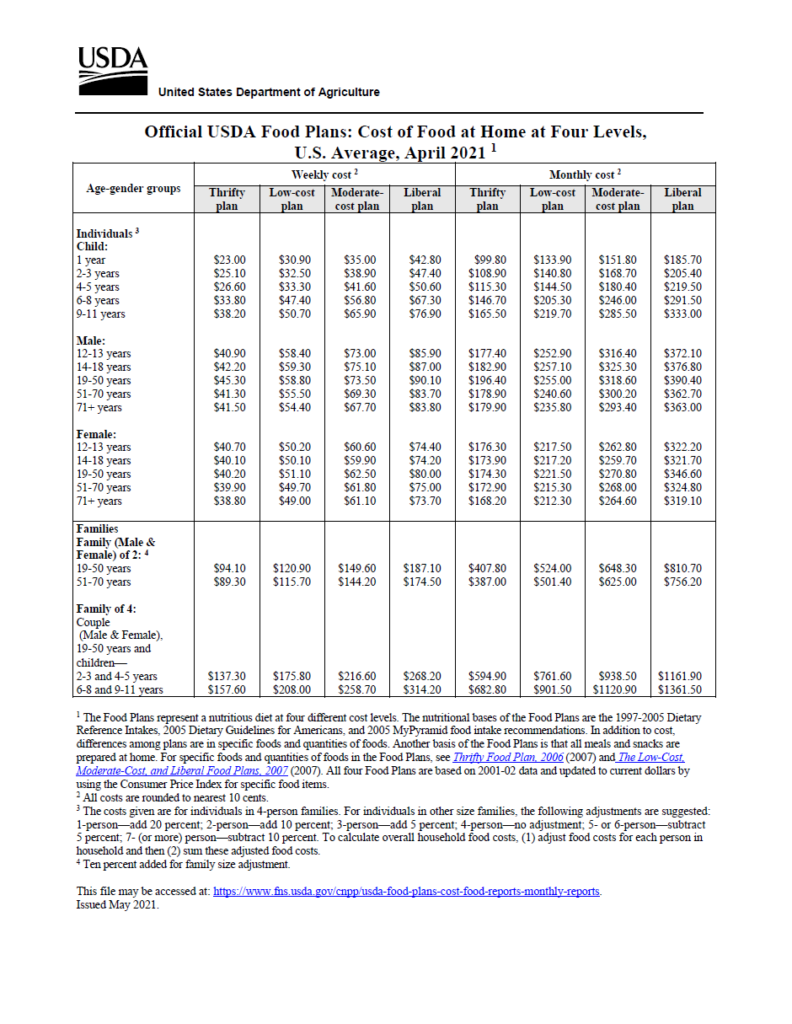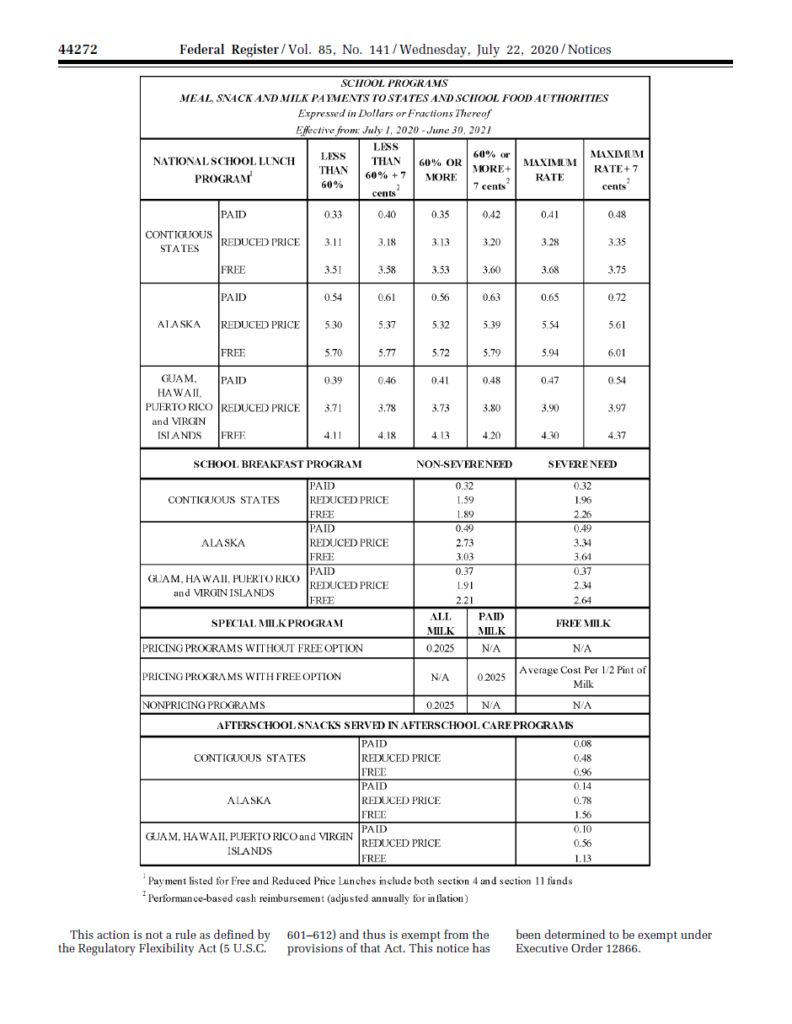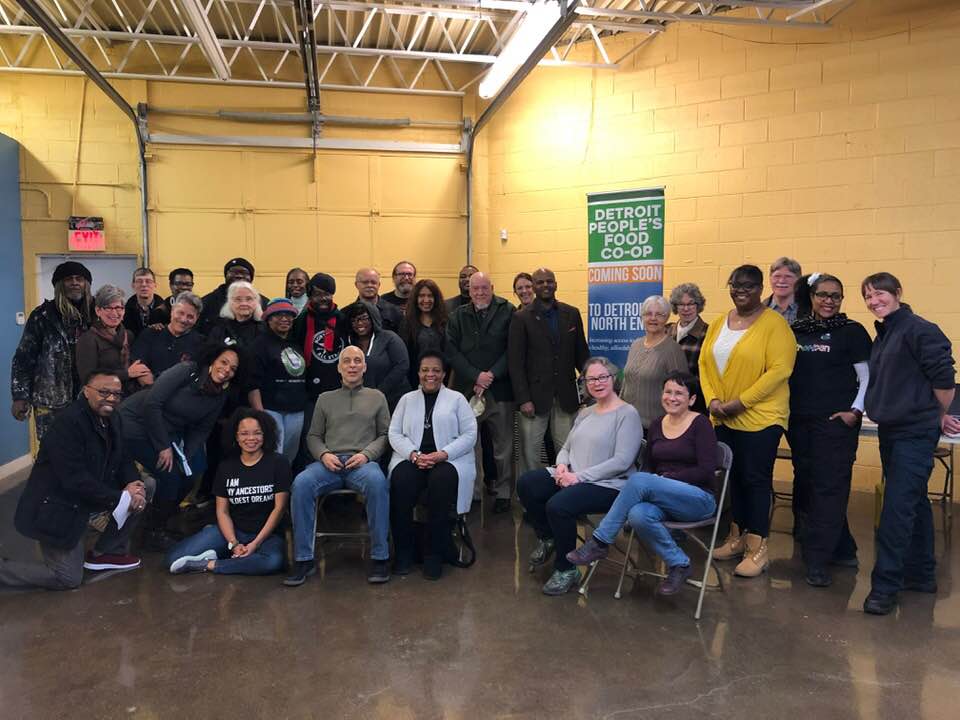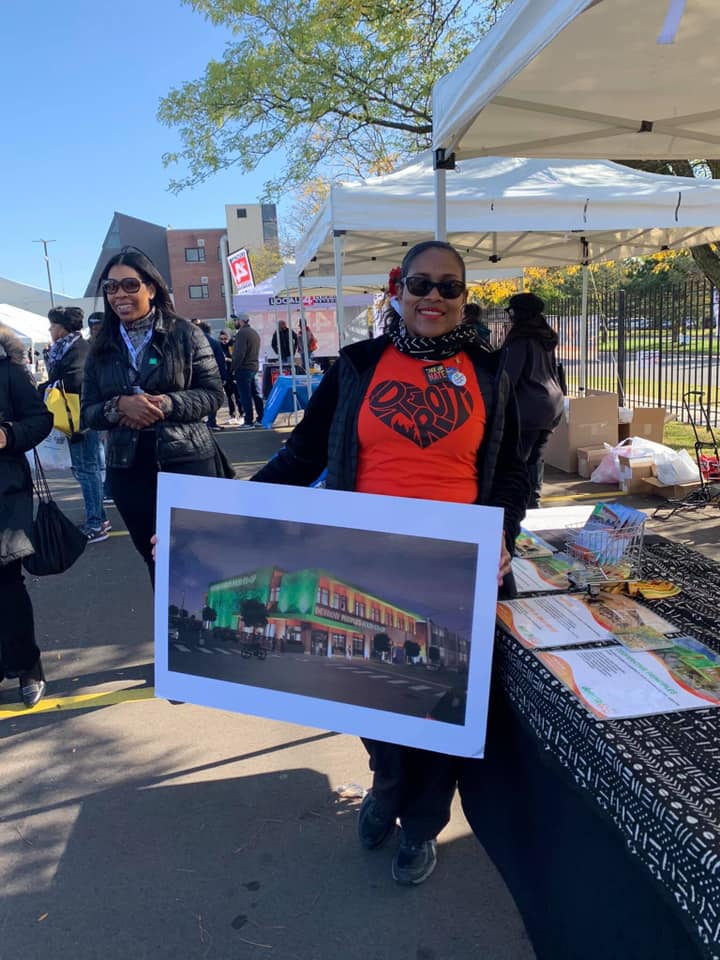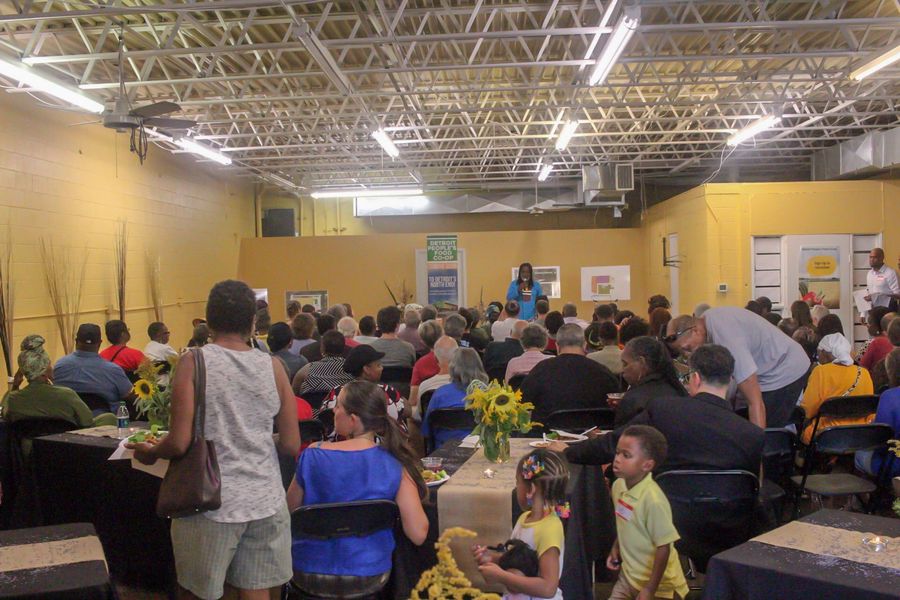By Dazmonique Carr, Healthy Corner Store Initiative and Great Grocer Project Program Manager, (Former) Sustainable Agricultural Seat on Detroit Food Policy Council
This blog post was difficult to write not only because what I experienced at the Black Urban Growers (BUGs) conference was so robust but because the work on the land is much deeper than words can describe. I write with guidance from the ancestors to who(m) tended the land as I do and continue to ask for guidance and protection.
About the BUGs conference: “Black Urban Growers (BUGs), founded in 2010, is committed to building networks and community support for growers in both urban and rural settings. Through education and advocacy around food and farm issues, we nurture collective Black leadership to support Black agrarianism and reimagine Black futures. Based in New York City, BUGs reach is national through its annual conference. 2022 will be the 10th conference. We know the real revolution is Black People reclaiming our lives through food sovereignty and justice. Our ancestral lineage is rooted in culture, land, food, and community. We honor the joys and the sores that are seen on the land, and we advance with visions of recuperation, reciprocity, and representation that impact the health and economic sustainability of land-based stewardship.” (source link: https://blackurbangrowers.org/about/)
I attended the BUGs conference in Atlanta (“ATL”) from October 14th to October 16th , 2022. The conference was hosted at Georgia State University and included a host of engaging activities in a holistic and inclusive way. Not only did I attend the conference but my maternal family lives in Alabama, a few hours outside of ATL and I was able to visit them and visit our ancestral land where many of our family is buried and where my family holds a few hundred acres in Fig Tree, Alabama. No I did not see any fig trees on the land but lots of timber to create with. None the less, a trip down south is “always deeper”. Please know that I write this blog post as I reflect on my experience as a land owner, land steward, someone who has agriculture in her DNA, this was my first BUGS conference that I have ever been able to attend, all experienced parallel to my first ancestral trail to visit my family’s heritage and learn where my mother grew up and how her mother was raised. I learned a lot and felt even more.
• Activities that I participated in at the included volunteering at Gratitude Botanical Farm (Urban Garden in Mid-Atlanta); Permaculture Break out session and a few others, Seed Swap Session, Festival Celebration supporting Black artisan food producers who grow and process most of the foods they produce; walking tour of Truly Living Well Agricultural Center where tangible skills where demonstrated like yarn making, harvesting & processing indigo dye and black smith welding. (Videos were captured but not compiled in an appealing and what I feel presentable way. Maybe soon to come to YouTube.)
• The theme of the conference was Reunion, Recovery, and Resilience; in which a lot of us have embodied post Covid-19. Recovery stood out to me and to and to me means that you are able to keep going no matter what is thrown at you.
• Featured Speakers included: Dr. Gail Myers–Cultural Anthropologist; Co-founder of Farms to Grow Inc; Filmmaker; Stephen Satterfield – Host of Netflix’s High on the Hog; Founder, Whetstone Magazine; Matthew Raiford – James Beard nominated chef and farmer; Author of Bress and Nyam; Gillard Farm located in Brunswick, GA and a fire chat conversation with Shirley Sherrod (in-person) – National civil rights figure, advocate and global thought leader on U.S. agriculture policy and its impact on Black farmers and the Black community. Member, Biden Administration’s USDA Equity Commission; Video remarks from Dr. Jessica B. Harris – New York Times Author of High on the Hog; American culinary historian, college professor, cookbook author and journalist; Video remarks from Natalie Baszile – Author of the novel turned OWN’s television series, Queen Sugar and the recent book We Are Each Other’s Harvest
I learned that in Atlanta, agriculture is the #1 Industry and ATL is known to be the City of the Forest with great air quality and a fall appearance almost all year round. I was a recipient of seed swapping where different farmers and organizations hosted tables of seeds that they were giving away. A nation building technique that can feed many. The stories behind the seeds were just as important as the seeds themselves in my opinion.
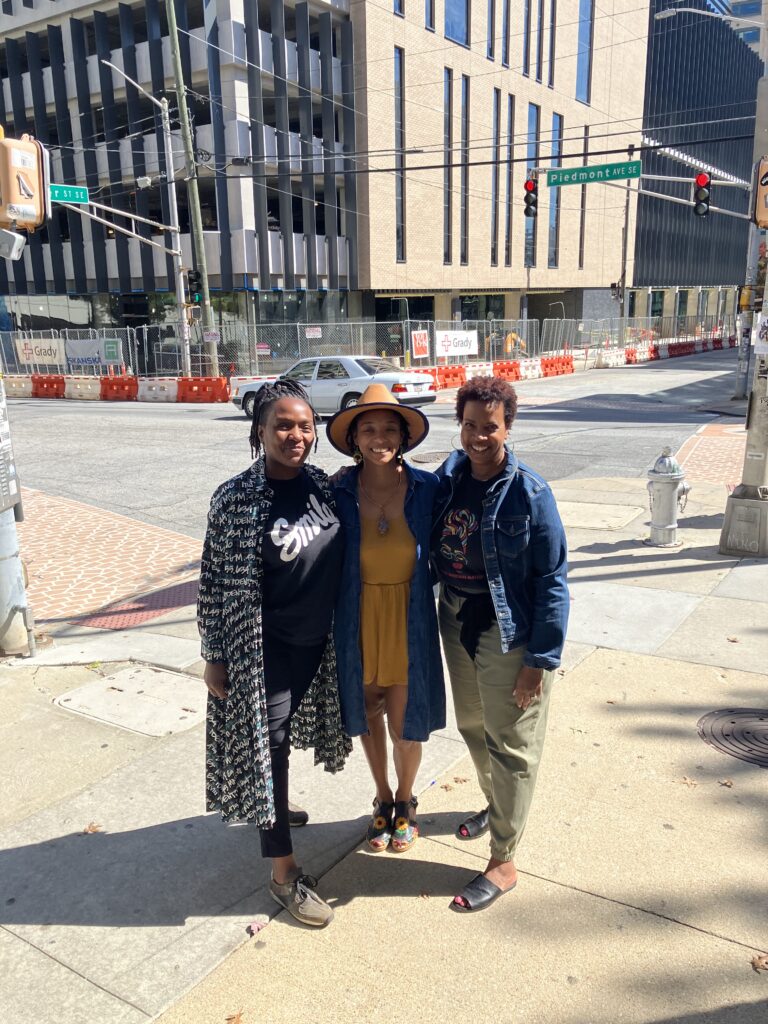
In the midst of my reflection at this conference, I shut down and isolated myself from everyone at the conference to reflect in solitude. I wasn’t able to attend as many of the sessions that I would have liked but from my reflection I realized that over the years, I have participated in land stewardship by way of being a volunteer to many others’ land. Although I owned my own house and side lot during what I’ll call a career of volunteerism. I didn’t know what went into growing food on your own land and was shocked by what I owned. I was very uneducated about what went into land ownership let alone land stewardship. My insecurities extended the process of me actually implementing and executing something on my land. I didn’t ask questions because I didn’t feel like I knew what questions to ask at the time. I went without intensive implementation on my land for five years. Learning as I grew crops without ownership of the soil I was stewarding. Once being “forced” by the powers that be/ The Creator to work on my own land (0.25 acres at the time), I finally embraced what I did and didn’t know in 2022 by planting seeds of resilence and hope for development of now almost 2.5 acres of Detroit’s east side. What I learned is that gardening and farming are experiential tasks, they are learned by doing and one must start to get momentum going to be able to reflect, act and change any type of system they participate in and hope to change. I have a visceral connection to the land and know that “its always deeper” than just farming, raising animals and land/home ownership.
As I reflect more about this trip, I will have more to say and may find the proper platform to do so in its appropriate time. Thanks for reading and I hope people who also visited the conference form Detroit chose to share their experience as well. Please do not hesitate to reach out to me about anything. I now pass the Sustainable Agriculture Seat to Ikaje [pronounced ee-kah-jay] a.k.a “Brother Truth” of Liberated Farms, volunteer and former staff of D-Town Farm, member of Detroit Black Community Food & Security Network (DBCFSN). And so it is. (:


